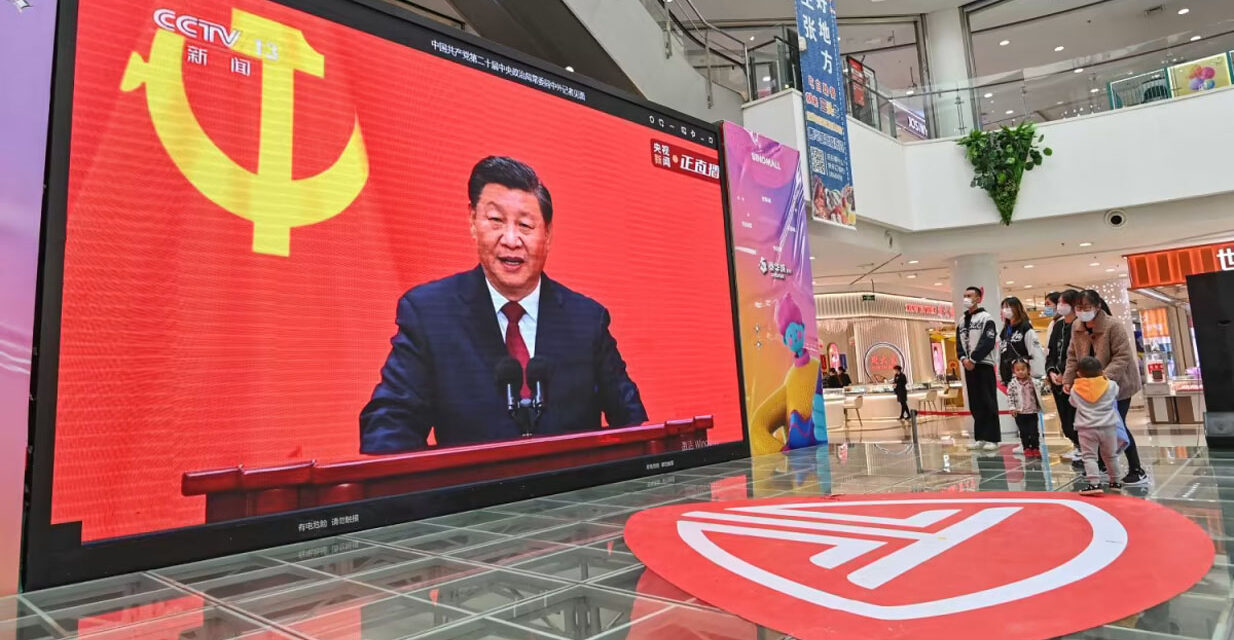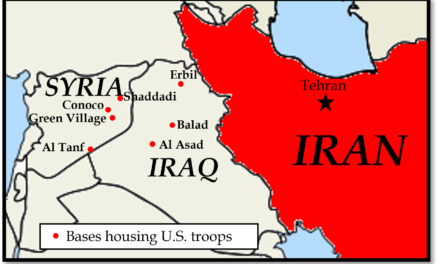
The Secret Financial Escape Route for China’s Wealthy

It seems that China’s wealthy have come to trust western banks more than they trust state controlled Chinese banks. Fearful for their fortunes and distrusting the stability of their own government, many are looking for covert and sometimes illicit ways to safeguard their assets. And rightfully so, since the Chinese Communist Party has expressed and acted with disdain for the entrepreneurs and business people who have grow its GDP to be the second largest in the world.
For some, like 32-year-old Phoebe, this means trusting complete strangers with their life savings. After transferring her money to an account of a local facilitator, she waited with bated breath. After a few hours, the funds started appearing in her separate Hong Kong account, from various unknown sources. Phoebe’s money had moved through a shadowy, unregulated system known globally as “hawala”. Rooted in trust, this system involves money handlers who, outside the purview of traditional banking systems, transfer funds based on verbal agreements.
While Hong Kong has seen its political freedoms diminish, it remains an essential financial hub with unrestricted access to global capital markets. Once money reaches Hong Kong, it’s essentially free to go anywhere.
Why the Sudden Exodus?
The rich and even the middle-class in China have reasons for their growing unease. President Xi Jinping’s drive for “common prosperity” and clampdowns on certain industries have cast shadows of uncertainty. As the domestic economy appears increasingly shaky, there’s a perceived necessity to stash money outside China. Whether to diversify assets or in preparation for potential emigration, the desire to externalize wealth is palpable.
However, there are strict rules. Individuals can usually wire only up to $50,000 a year overseas, and even emigration offers just a one-off chance to transfer money. This is where underground systems come to the rescue.
The Risky Business of Underground Banking
Though beneficial, these covert systems are not without danger. If caught using such illegal services in mainland China, one could face hefty fines, typically around 30% or more of the transferred amount. In cases of significant sums, jail time is a real threat.
Moreover, the origins of this money are murky. Chinese underground banks often use money generated by criminal groups involved in activities like drug trafficking, human smuggling, and human trafficking. So, while trying to protect their assets, individuals might inadvertently find themselves complicit in criminal enterprises.
Just How Big is This?
The true scale of these secretive operations is hard to gauge. However, some insights suggest their magnitude is massive. A 2021 investigation disclosed an operation that managed assets worth 75.6 billion yuan (about U.S. $10.5 Billion), distributed amongst five organizations and involving over 8,000 banks.
In fact, this trend of moving money out of China is expected to continue, with projections suggesting over 700,000 Chinese people planning to emigrate in the next two years. As Beijing possibly tightens its grip on cash transfer regulations, experts anticipate the demand for these covert services to remain robust. With some estimates suggesting as much as $150 billion exiting China this year, it’s evident that the nation’s wealthy are voting with their wallets, signalling their mistrust in the government’s handling of the economy.

























I read an article the other day about the Chinese brain drain to other countries but the US was being avoided due to our unstable nature.
Guess the Chinese and their money are looking for better conditions.
Frank, you are correct. Chinese are looking more to UK, Ireland, France, and Germany. But there are still many that desire to go USA. Some choose European countries because their social systems are more in tune with what they are used too. Some like students choose European because of the skyrocketing costs of education in the USA that only the richest can afford. Some choose other countries because they have relatives in those countries already and integration will be easier. For some it is a job decision, as employment is getting worse there. Some do not choose USA because of violence against Asians which has been over-hyped by the Chinese state media and television. Some are choosing not to go to USA because visas are getting harder and harder to get because the USA consulates in China are making it hard. In China, the USA consulates will not give you a USA visa unless you can prove that you have been traveling abroad to other countries in the past five years. So they get tourist visas to France, UK, Ireland, Germany. Than once they have documented stamps from those customs authorities they apply for USA visas.
There are many reasons why they choose other countries. Political instability is the least of it because Chinese people do not like to get involved in politics anyway. In China it is better to keep your mouth shut about government. And it is getting worse there. Now if you talk against or make joke of their military, you get jail. Recently a man in China did just this. A lady heard him and started beating the snot out of him. Police were called. Man got sent to prison. Lady was let go and no charges filed. That’s the way it is right now in China! Mao 2.0.
I think the point is more are not trying for the US, and I bet a good number move their money here EVEN if they reside in another country. All the reasons you note are good, but combined point to a US that cannot capitalize on a brain drain like we used to.
That’s pause for consideration.
Yes, many of the Chinese rich already have off shore accounts. I think we are capitalizing on the brain drain more than you might think. And the down side of that issue is if the brain in the USA still has parents, children, or relatives in China. China can make life rough on them and force the brain to vote and do CCP bidding or suffer the family consequences. I have personally spoken to three people that have this problem. Capitalizing on the brain drain can be a double edge sword.
Also I am not sure if Trump’s assault on J-1 working visas for Masters and Doctoral students is still ongoing or not. Trump stopped a lot of these visas due to massive intellectual property theft. And he was actually forced to do this by industry that complained to him, mostly Electronics Semiconductor, Pharma, and Energy Development were the ones I read about.
All in all, I think we are probably getting enough of the brains. We must remember that we need room for out home grown brains too! 🙂
Nuke ‘em!!!!!!!